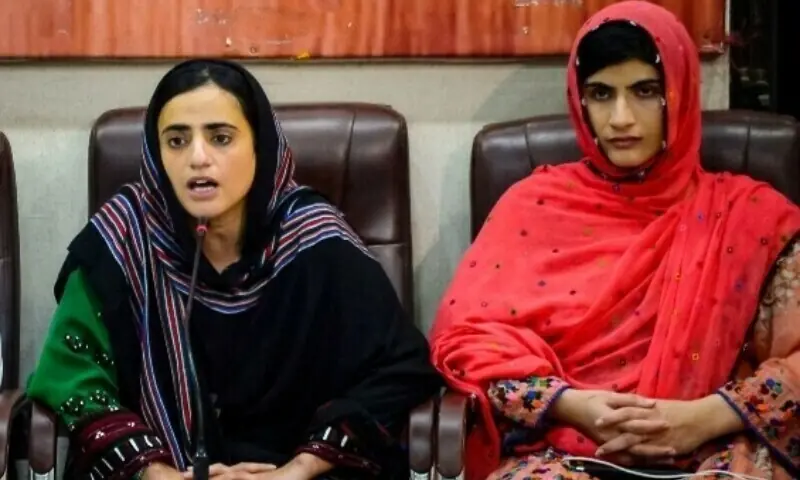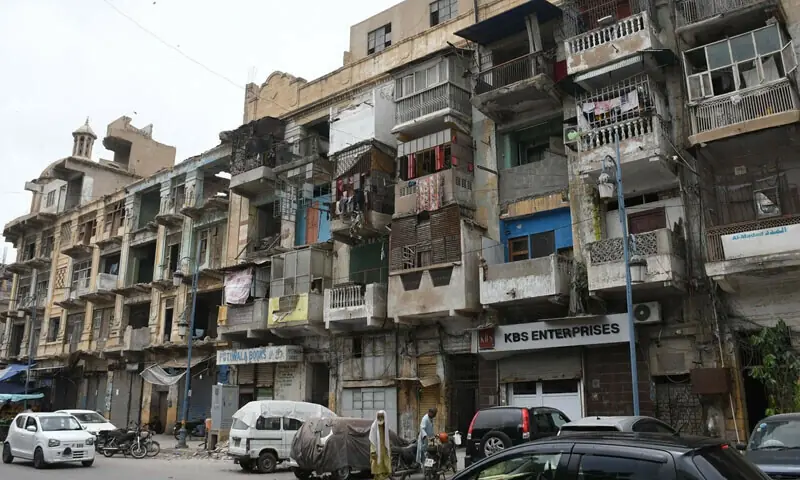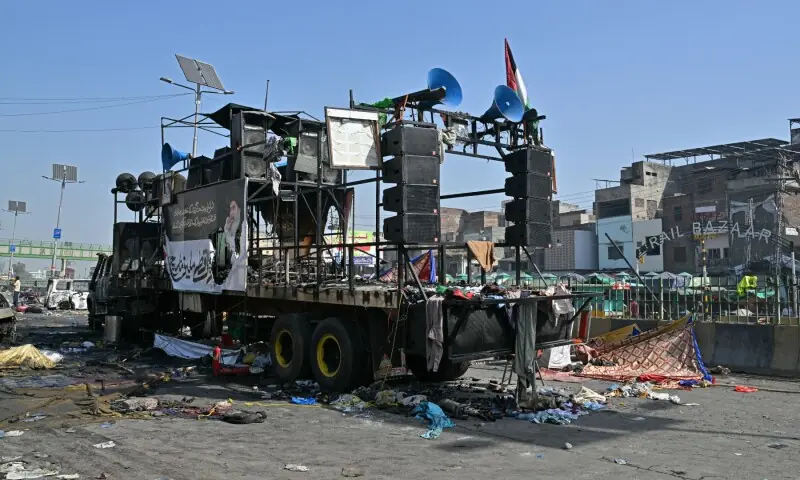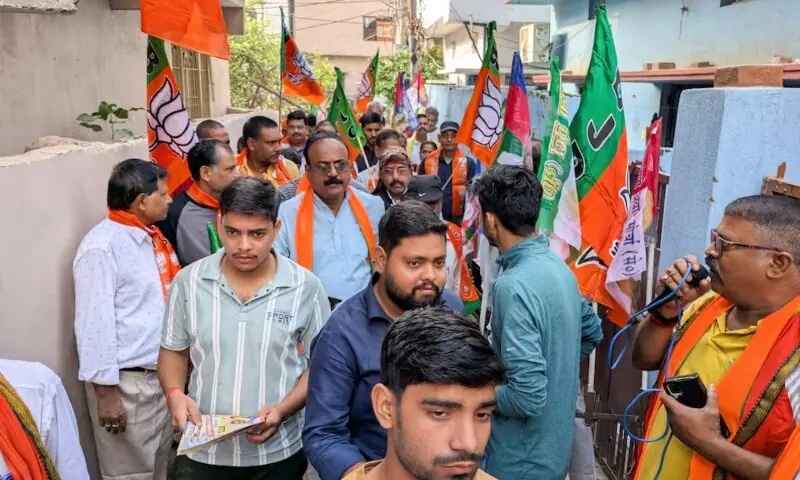The latest hearing of the cases against Baloch Yakjehti Committee (BYC) chief Dr Mahrang Baloch and other leaders of the group was held in the Quetta district jail instead of an anti-terrorism court (ATC), it emerged on Sunday, with the advocacy group calling the development a “disturbing display of institutionalized repression”.
The BYC, a Baloch advocacy group that has been working against enforced disappearances since 2018, published in a statement on
Mahrang and other BYC leaders, including Sibghatullah Baloch, Beebow Baloch, Beebarg Baloch and Gulzadi Baloch, were arrested under the Maintenance of Public Order Ordinance (MPO) in March and have remained in custody since then, remanded several times.
Israr Baloch, Mahrang’s lawyer, confirmed Saturday’s events to dawn.com. The case was heard by Judge Muhammad Ali Mobin of ATC-1, he said.
“Instead of presenting the BYC leaders at ATC-1, the BYC legal team was summoned to the Quetta district jail, where the cases were heard,” Israr said.
“During the hearing the prosecutor could not present the challan, so no charges could be framed against the detained BYC leader nor a formal trial could be initiated,” he added.
The hearing was adjourned to October 18 and Justice Mobin directed the prosecution to file a challan by then, he said.
Earlier, the BYC said in its publication
“By moving proceedings behind prison walls, the state is effectively preventing families, journalists and neutral observers from witnessing the proceedings, which is a direct violation of Pakistan’s own constitution and international standards on fair trials and due process.”
Arrest of BYC leaders
Mahrang, along with other BYC members, was arrested on March 22 on charges of “attacking” the Quetta Civil Hospital and “inciting people to violence.” The arrests were made a day after the group faced a police crackdown while protesting alleged enforced disappearances.
She was detained under Section 3 of the Maintenance of Public Order (MPO) Act, a law that empowers authorities to arrest and detain persons suspected of posing a threat to public order, for a period of 30 days (first period). His detention was subsequently extended for another 30 days (second period) by a decision of the Balochistan Home Department in April.
After the BYC leaders served three months in detention in June, the provincial government issued a fourth extension order, extending their imprisonment by another 15 days.
Following his arrest under the MPO, cases were also registered against Mahrang and other BYC leaders under different sections of the Anti-Terrorism Act and Pakistan Penal Code.







